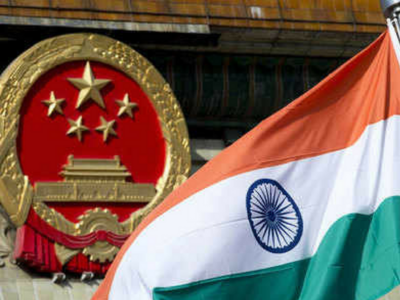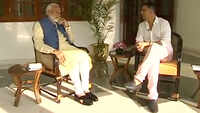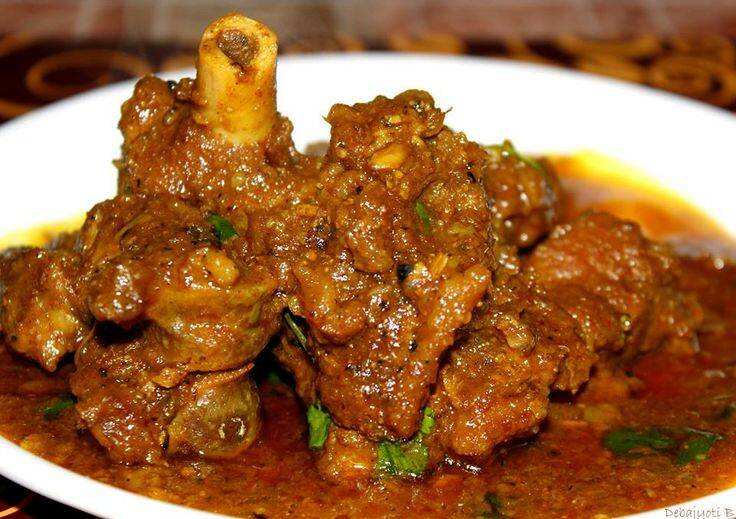
BEIJING: China is using the three-day Belt and Road Forum, which opens on Thursday, to exert its political muscle and establish itself as a rallying point for international business exchanges. This is besides the stated goal of the Belt and Road Initiative (BRI), which is to construct infrastructure projects across the globe.
India is likely to be the only major country to not participate in the event which will attract leaders and officials from 150 countries. India has chosen not to avail of the economic opportunity because the BRI hurts India’s sovereignty; a part of the BRI passes through disputed areas of Pakistan-occupied Kashmir.
India’s stand has been vindicated as several countries like Malaysia, Sri Lanka, Myanmar and Sierra Leone have either cancelled or renegotiated contracts with Chinese companies.
“A lot of the forum will be an attempt at restoring the Belt and Road brand, which has been tarnished over the past two years,” said Jonathan Hillman, director of the Reconnecting Asia Project at the Center for Strategic and International Studies in Washington.
The US has objected to the BRI on several counts and has decided to send only a low-level delegation. But China is using the event to emerge as a countervailing power to the US by showing off its ability to attract heads of state/government and senior leaders of 40 countries besides officials from 110 others.
“It is a political show of strength. In a sense, it is about China slipping itself into American clothing which the US itself has discarded. It is about mainstreaming China as a leader of the global development system,” said Sourabh Gupta, senior fellow at the Institute of China-America Studies in Washington.
For its part, China objects to criticism that it has political and military objectives behind the plan to build seaports, airports, roads and railways across dozens of countries, including Pakistan and Sri Lanka.
“The Belt and Road Initiative is not a geopolitical tool but a platform for cooperation. We welcome all parties to take part in it,” Chinese state councillor and foreign minister Wang Yi had said at a recent press conference.
At the same time, China has indicated that the forum will discuss issues like the importance of multilateralism and rejection of protectionism in business and world affairs. This is seen as a thinly veiled attempt to build up world opinion against the US.
India is likely to be the only major country to not participate in the event which will attract leaders and officials from 150 countries. India has chosen not to avail of the economic opportunity because the BRI hurts India’s sovereignty; a part of the BRI passes through disputed areas of Pakistan-occupied Kashmir.
Significantly, India has also objected to other aspects of the BRI programme, saying it it opaque and has the potential of pushing developing countries into a debt trap as they borrow heavily to support massive projects.
India’s stand has been vindicated as several countries like Malaysia, Sri Lanka, Myanmar and Sierra Leone have either cancelled or renegotiated contracts with Chinese companies.
“A lot of the forum will be an attempt at restoring the Belt and Road brand, which has been tarnished over the past two years,” said Jonathan Hillman, director of the Reconnecting Asia Project at the Center for Strategic and International Studies in Washington.
The US has objected to the BRI on several counts and has decided to send only a low-level delegation. But China is using the event to emerge as a countervailing power to the US by showing off its ability to attract heads of state/government and senior leaders of 40 countries besides officials from 110 others.
“It is a political show of strength. In a sense, it is about China slipping itself into American clothing which the US itself has discarded. It is about mainstreaming China as a leader of the global development system,” said Sourabh Gupta, senior fellow at the Institute of China-America Studies in Washington.
For its part, China objects to criticism that it has political and military objectives behind the plan to build seaports, airports, roads and railways across dozens of countries, including Pakistan and Sri Lanka.
“The Belt and Road Initiative is not a geopolitical tool but a platform for cooperation. We welcome all parties to take part in it,” Chinese state councillor and foreign minister Wang Yi had said at a recent press conference.
At the same time, China has indicated that the forum will discuss issues like the importance of multilateralism and rejection of protectionism in business and world affairs. This is seen as a thinly veiled attempt to build up world opinion against the US.
Download The Times of India News App for Latest India News.
Making sense of 2019 #ElectionswithtimesView Full Coveragemore from times of india news
Elections 2019

Trending Topics
LATEST VIDEOS
More from TOI
Navbharat Times
Featured Today in Travel
Quick Links
Rajasthan election 2019Andhra Lok Sabha electionGujarat Election 2019Karnataka Election 2019MP Lok Sabha electionMaharashtra election 2019West Bengal Lok SabhaTamil Nadu election 2019UP Election 2019Bihar election 2019UP Election DateAndhra Election DateBihar Election DateAndhra Assembly ElectionLok SabhaMP Election DateMaharashtra Election DateShiv SenaYSRCPTDPWB Election DateJDUCongressBJP newsGujarat Election DateSC ST ActUIDAIIndian ArmyISRO newsSupreme CourtRajasthan Election DateTelangana Election DateTamilrockers 2018Uttarakhand newsSikkim newsOrrisa newsKarnataka Election DateNagaland newsSatta KingManipur newsMeghalaya news
Get the app









